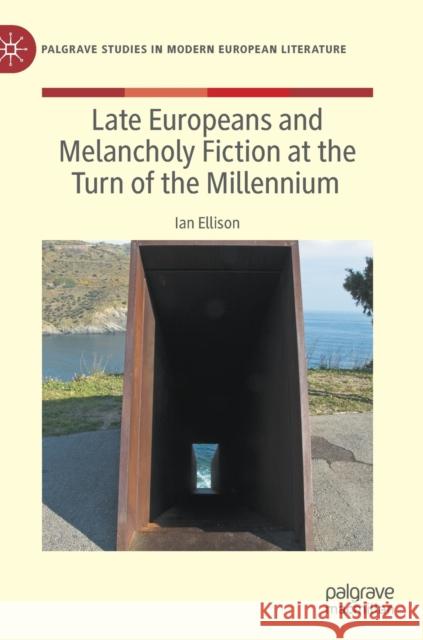Late Europeans and Melancholy Fiction at the Turn of the Millennium » książka
topmenu
Late Europeans and Melancholy Fiction at the Turn of the Millennium
ISBN-13: 9783030954468 / Angielski / Twarda / 2022 / 294 str.
Late Europeans and Melancholy Fiction at the Turn of the Millennium
ISBN-13: 9783030954468 / Angielski / Twarda / 2022 / 294 str.
cena 484,18 zł
(netto: 461,12 VAT: 5%)
Najniższa cena z 30 dni: 462,63 zł
(netto: 461,12 VAT: 5%)
Najniższa cena z 30 dni: 462,63 zł
Termin realizacji zamówienia:
ok. 22 dni roboczych
Bez gwarancji dostawy przed świętami
ok. 22 dni roboczych
Bez gwarancji dostawy przed świętami
Darmowa dostawa!
This book is the first comparative study of novels by Patrick Modiano, W. G. Sebald, and Antonio Muñoz Molina. Drawing on many literary figures, movements, and traditions, from the Spanish Golden Age, to German Romanticism, to French philosophy, via Jewish modernist literature, Ian Ellison offers a fresh perspective on European fiction published around the turn of the millennium. Reflecting on what makes European fiction European, this book examines how certain novels understand themselves to be culturally and historically late, expressing a melancholy awareness of how the past and present are irreconcilable. Within this framework, however, it considers how backwards-facing, tradition-oriented self-consciousness, burdened by a sense of exhaustion in European culture and the violence of its past, may yet suggest the potential for re-enchantment in the face of obsolescence.











